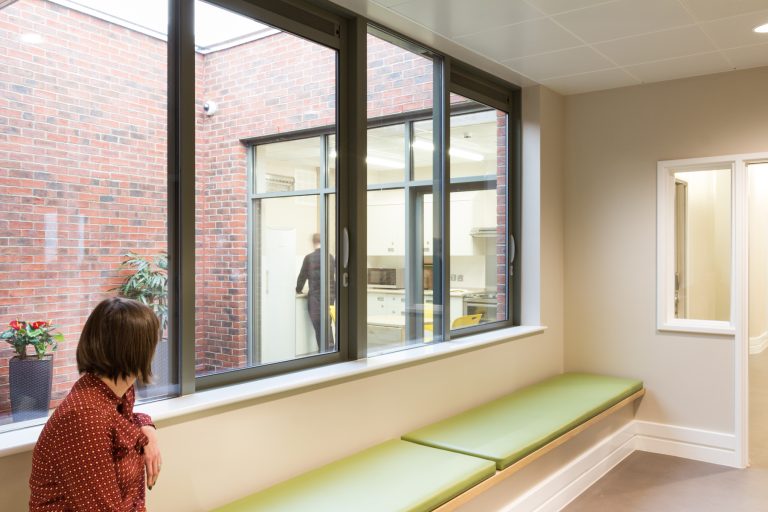When we think of all the technology advancements that were introduced through the innovative and futuristic thinking of architects, engineers and surveyors, it’s perhaps ironic that the industry itself has been a slow adopter of strategic digitalisation. According to KPMG’s 2017 global survey, 72% of engineering and construction executives stated that technological innovation has a role in their vision. However, with less than half integrating a strategy, planning and the implementation of tech is certainly an area that needs more thought. While firms are undoubtedly optimistic about the potential of technology – with a greater push towards new approaches such as drones, 3-D printing and autonomous vehicles – some players in the industry are yet to make use of those tools which streamline or completely automate processes. This is something which I feel needs to be addressed in light of recent data from Mckinsey which revealed that large projects across sectors and asset classes are running behind schedule and up to 80% over budget. Tight and timely financial management may not be helped by the fact that many site offices rely on manual, paper-based procedures. Indeed, my conversations with clients suggests that a lack of information digitalisation can lead to inaccurate project cost forecasting with unaccounted contract labour fees arguably creating the greatest challenge. In fact, the KPMG survey revealed that out of all the technologies, project management information systems (PMIS) were considered to hold the greatest potential in delivering value, yet just one-fifth (20%) of firms have implemented a PMIS. So while high profile advanced technologies are taking centre stage – and admittedly serving their purpose – firms must also ensure that they are taking advantage of data analytics and implementing systems that can streamline processes, add value, and condense budgets. As Mckinsey’s research shows, a strong assortment of digital tools can reduce project costs by up to 45%. In particular, with the rapid rise of a contingent workforce on site, failing to ensure real-time visibility of project costs can have a significant impact on project performance that is only recognised after its conclusion. This all suggests that technology focussed construction firms can gain more immediate and substantive benefits from the digitalisation of project cost control before they look to the operational advantages of drones and robotics. By getting to grips with the key functionalities which harness a successful project from start to finish, rather than focusing solely on the latest advancements in high-tech machinery, companies will reap long-term rewards. As construction projects continue to grow in scale and inevitably become more complex, the need to integrate technology across the entire construction management remit is arguably more important than ever. Drey Francis is Director at VMS and Recruitment Agency Back Office supplier, Engage.






